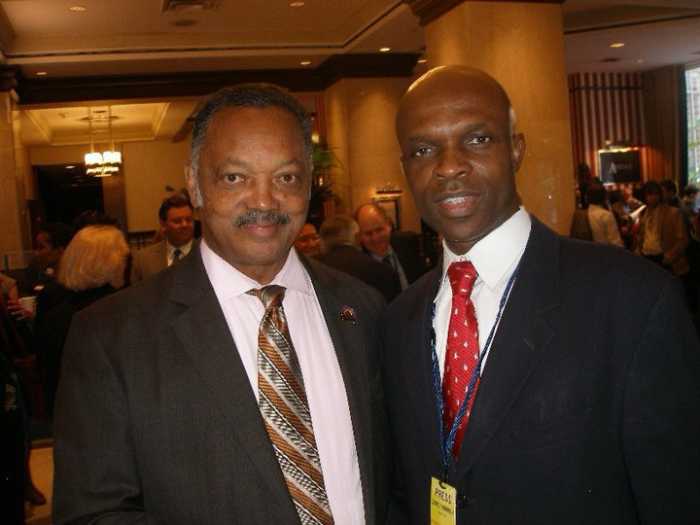BY SETH BORNSTEIN
In late May, Delta Airlines officially opened nine more gates at JFK’s Terminal 4. This is great news for the borough of Queens and our on-going efforts to create, retain and attract jobs.
Here at the Queens Economic Development Corporation, where I serve as executive director, we offer numerous business- services programs that provide counseling; train people to get proper licenses and permits; coordinate commercial revitalization programs to upgrade our commercial neighborhoods; operate the Entrepreneur Space, a business incubator for small food businesses; and run the Queens Tourism Council, which promotes our cultural and recreational venues.
However, the most overlooked economic development program in Queens is not offered by my office. Rather, that program consists of our two Queens airports: LaGuardia and JFK.
The two airports are the unsung heroes of job creation and retention in Queens — with over 50 percent of airport employees being borough residents. That’s why so many of us know someone connected to the airports — whether it’s a friend who is a gate agent, a relative who works at a hotel or a neighbor who runs a catering company that supplies an airline.
The Port Authority of New York & New Jersey, which operates LGA, JFK, Newark and two additional regional airports, generates close to 500,000 jobs, $25.6 billion in wages and $65 billion in total economic activity. In Queens, LaGuardia generates over 100,000 jobs, about $5 billion in wages and almost $14 billion in total economic activity. JFK generates more than twice the number of jobs and wages as LGA — thanks to the large cargo presence, with a total of over $30 billion in economic activity.
The simple fact is that more gates at JFK means more jobs for Queens. The Port Authority estimates that for every 1 million passengers the airports serve, 4,100 jobs are created annually in the region. These are direct airport jobs as well as jobs in the myriad of businesses in and around the airport, including restaurants, florist shops, car rentals, gas stations, uniform manufacturers and retail establishments, as well as the tourism industry. And the people of Queens have benefited from this more than any other county.
Additionally, the Port Authority awards hundreds of contracts every year to New York-based firms for work at LGA and JFK. Last year alone totaled $68.5 million. Since the implementation of the Queens Air Service Development Office, which was founded at the QEDC over 25 years ago, the borough has been awarded nearly 7,000 contracts, totaling approximately $1.1 billion to Queens-based operations. Organizations such as All Lock and Glass Service Inc. of Long Island City, Glenridge Fabrications of Ridgewood, Solar Insulation Company Inc. of Maspeth and Capital Contractors Inc. of Douglaston. In addition, many small and minority-owned businesses have taken advantage of the Air Services Office.
Unfortunately, the future of this highly successful airport jobs program is in jeopardy. This is because our region’s airports are facing severe capacity limitations that will only get worse in the coming decades.
A critical component of the effort to increase airport capacity is the implementation of technological advances needed to bring our airspace into the 21st century. This is why QEDC was a founding member of the National Coalition to Advance NextGen. NextGen is a complete overhaul of the national airspace system, from the air traffic control system to its airports, using 21st-century, satellitebased technologies, operational improvements and new procedures. The system includes never-before-attempted innovations designed to ensure future safety, capacity and environmental goals.
Portions of NextGen are already in place or being tested around the country, including in New York. Working together, New York area airports and airlines including United and jetBlue, have initiated improvements that permit some flights to fly more precise, direct paths that preserve safety, save time, save fuel and lower emissions. These changes will help ease delays and cancellations, which will in turn ensure that LGA and JFK continue to serve as engines for job growth for Queens and all of New York City.
Seth Bornstein is executive director of the Queens Economic Development Corporation
































